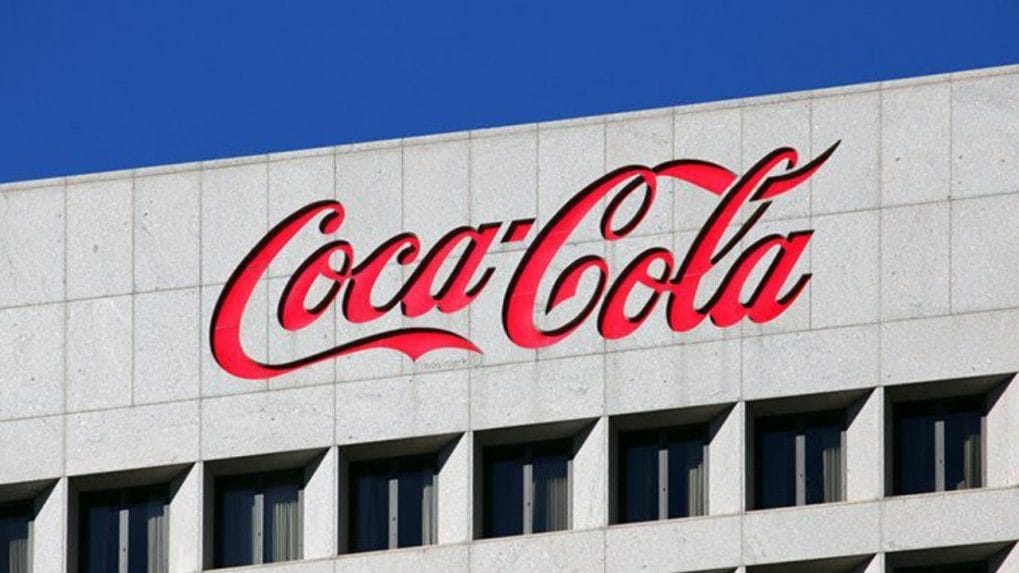Advertising
Layoffs in Adland: Omnicom's acquisition of IPG nears finish line. But at what human cost?

Coca-Cola India's consolidated profit for FY24 plummeted by 41.82%, reaching Rs 420.29 crore, as per the company's filing with the Registrar of Companies (RoC). This decline comes despite a 4.24% increase in revenue, which rose to Rs 4,713.38 crore. The company's total income, including other income, grew by 4.19%, totaling Rs 4,801.84 crore for the fiscal year ending March 2024, according to financial data from business intelligence platform Tofler.
In contrast, Coca-Cola India's profit for FY23 had stood at Rs 722.44 crore, with revenue from operations at Rs 4,521.31 crore.
A key area of expenditure for the company in FY24 was advertising and sales promotion, which saw a significant 35.47% increase, reaching Rs 1,520.21 crore compared to Rs 1,122.11 crore in the previous year. The company also saw a 4.68% rise in royalties paid to its US-based parent, The Coca-Cola Company, amounting to Rs 507.51 crore.
On the positive side, Coca-Cola India's total tax expense in FY24 decreased by 35.34%, dropping to Rs 171.42% crore from Rs 265.14 crore in the previous year.
Total expenses for the company during the fiscal year were up by 16.27%, totaling Rs 4,210.11 crore.
Coca-Cola India continues to operate with several power brands, including Coca-Cola, Thums Up, Limca, Sprite, and Minute Maid. The company is a subsidiary of Atlanta-based global beverages giant, The Coca-Cola Company, with India being the fifth-largest market for Coca-Cola. Additionally, Coca-Cola operating a bottling unit, Hindustan Coca-Cola Beverages (HCCB) Private Ltd, which runs 16 plans across the country.
According to LinkedIn’s research with over 1,700 B2B tech buyers, video storytelling has emerged as the most trusted, engaging, and effective format for B2B marketers. But what’s driving this shift towards video in B2B? (Image Source: Unsplash)
Read MoreIndia’s parliamentary panel warns fake news threatens democracy, markets and media credibility, urging stronger regulation, fact-checking, AI oversight and global cooperation.